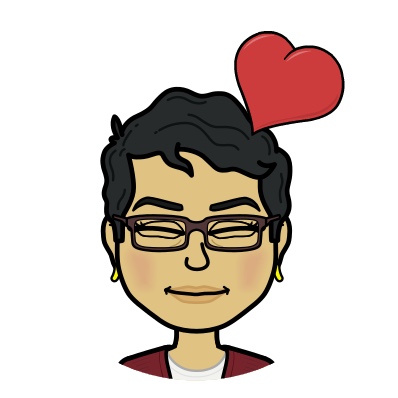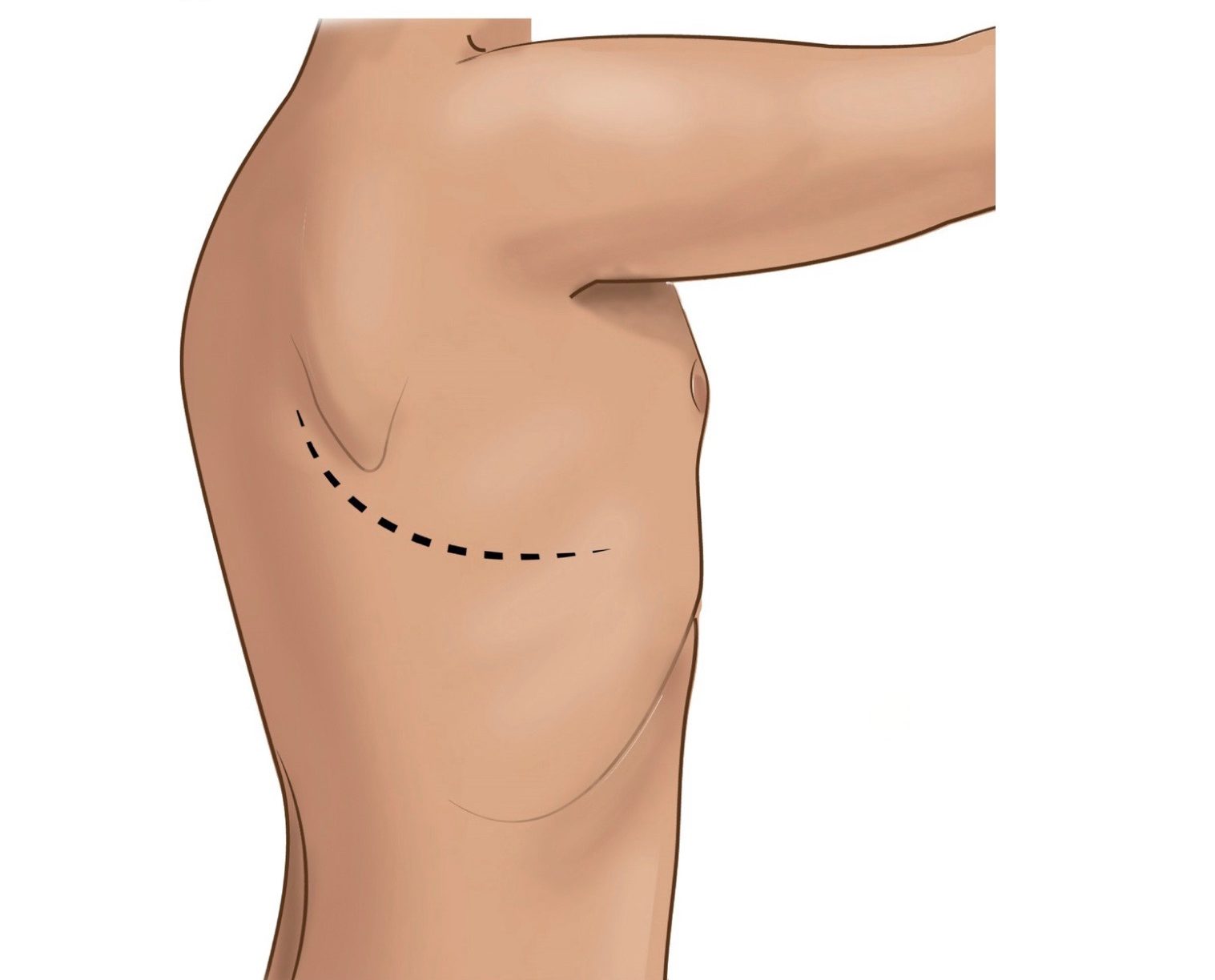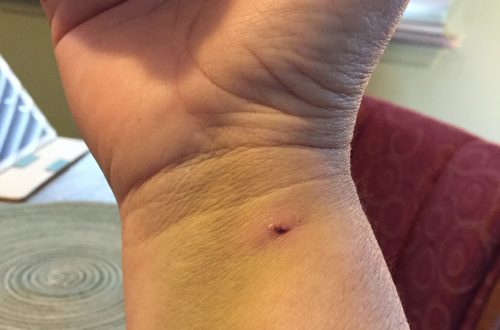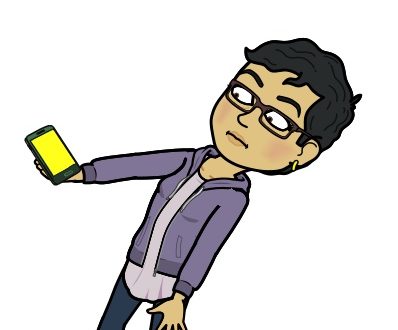Around this same time a year ago, I was celebrating eight weeks’ post-op from heart valve repair surgery and about to start cardiac rehab.
Everything turned out fine. Again.
I had been under the knife for open-heart surgery once before, in summer 2001, to remove a cardiac tumor nearly the size of a tennis ball.
Today is my 18th anniversary.
Resembling a sinister collection of red blood cells, this silent monster growing inside my chest looked bad, almost certainly a secondary cancer that had originated somewhere else, according to my doctors, who shared that tidbit only after my surgery.
Thank God it was benign. And thank goodness for Dr. Kevin Lobdell, my surgeon.
Hemangiomas most often occur in the skin. You’ve likely seen one. Those raised, round birthmarks found on the faces of newborns. Or, if you’re a Russia buff, that purplish, misshapen splat on Mikhail Gorbachev’s head. They’re rarely found in internal organs, such as the brain, liver and your heart.
The origin of these bad boys is uncertain, but primary hemangioma of the heart was first described in 1893. According to a December 2007 article in the European Medical Journal, fewer than 100 cases were reported in medical literature, and the incidence of cardiac hemangioma was 2.8 percent.
Anyone who has gone through open-heart surgery knows how daunting even such favorable odds seem. It’s life threatening and frightening as hell. You get through it by keeping the faith and trusting the science. And with support.
“The brotherhood of the cracked chest,” as Robin Williams dubbed members of his Zipper Club.
In 2009, after his aortic valve was replaced, the late comic genius naturally bonded with other famous patients who had survived heart surgery, including David Letterman and Barbara Walters.
Maybe that’s why Walters, who in 2010 was 80 when she received a new aortic valve, revised her will before being wheeled into the operating room. She even interviewed her surgeon. As I did for both heart surgeries.
Not surprisingly, the first sit-down with the cardiothoracic surgeon sticks in my mind. Higher retention in my 40s.
Me: “Um, what are the risks, doc?”
Him: “Heart attack, stroke, death.”
I left and vomited in the restroom.
So how does an otherwise healthy, asymptomatic 41-year-old woman from the Motor City find herself harboring a rare cardiac tumor?
No idea. Just lucky, I guess.

Heart surgery patients are different. We are Warriors.
Here’s what I know about traditional open-heart surgery:
Your breastbone is cracked to open the chest wall for better viewing, your heart is cooled and stopped for 30-90 minutes, and you’re kept alive on a cardiopulmonary bypass machine, which functions as your heart and lungs during the surgery, usually lasting a few hours. You can’t be hooked up to “the pump,” as it’s often referred to, for too long because, well, you just can’t.
I was lucky. I am lucky. Everything turned out fine. Twice.
It wasn’t easy, but I’m still here 18 years later to tell you about it.
Life is good with Rebecca and Madison, our family and friends.
Heck, I even started this Heart Matters blog. There’s still hope for these 60-ish brain cells. Just ask David Letterman.
After his quintuple bypass surgery in 2000 and in a rare serious moment, the former late night talk-show host, said this: “You’re weak as a bunny. You’ve been hit by a train. I would find myself bursting into tears and sobbing uncontrollably – with joy.”
Be still my heart.
You’ll never hear that phrase the same way, will you?
(Editor’s note: You can also find this post on heart-valve-surgery.com a wonderful website founded by Adam Pick, a heart valve surgery survivor. Wish I had discovered this my first time in the barrel. Found it the second time while surfing online in 2018. Trust me, sharing your heart surgery experience, pain and fears with others who are on the same journey is a gift.)






4 Comments
KW Lobdell
Great work, my friend! Love your updates and terrific to know that “the motor” is running well (albeit with a couple of major overhauls?). Appreciate you, this anniversary, and knowing that we’ve “made a difference.” Onward and upward!
Jennifer John
Thanks, doc.
Connie
My sister had a valve replacement when she was in her early 40s — over 20 years already. Never really realized what you go through for an operation like that. She did have a stroke 9 years later. Does very well for herself. She bakes like no one else can with only one good arm. Don’t know how she does it, but I quess where there is a will there is a way. Keep the stories coming — love them, especially the reunion one.
Corky O'Reilly
It’s wonderful that you’re still sharing your story with Dr. Lobdell because his heart has to be fluttering with pride and joy at the difference he made in your life!